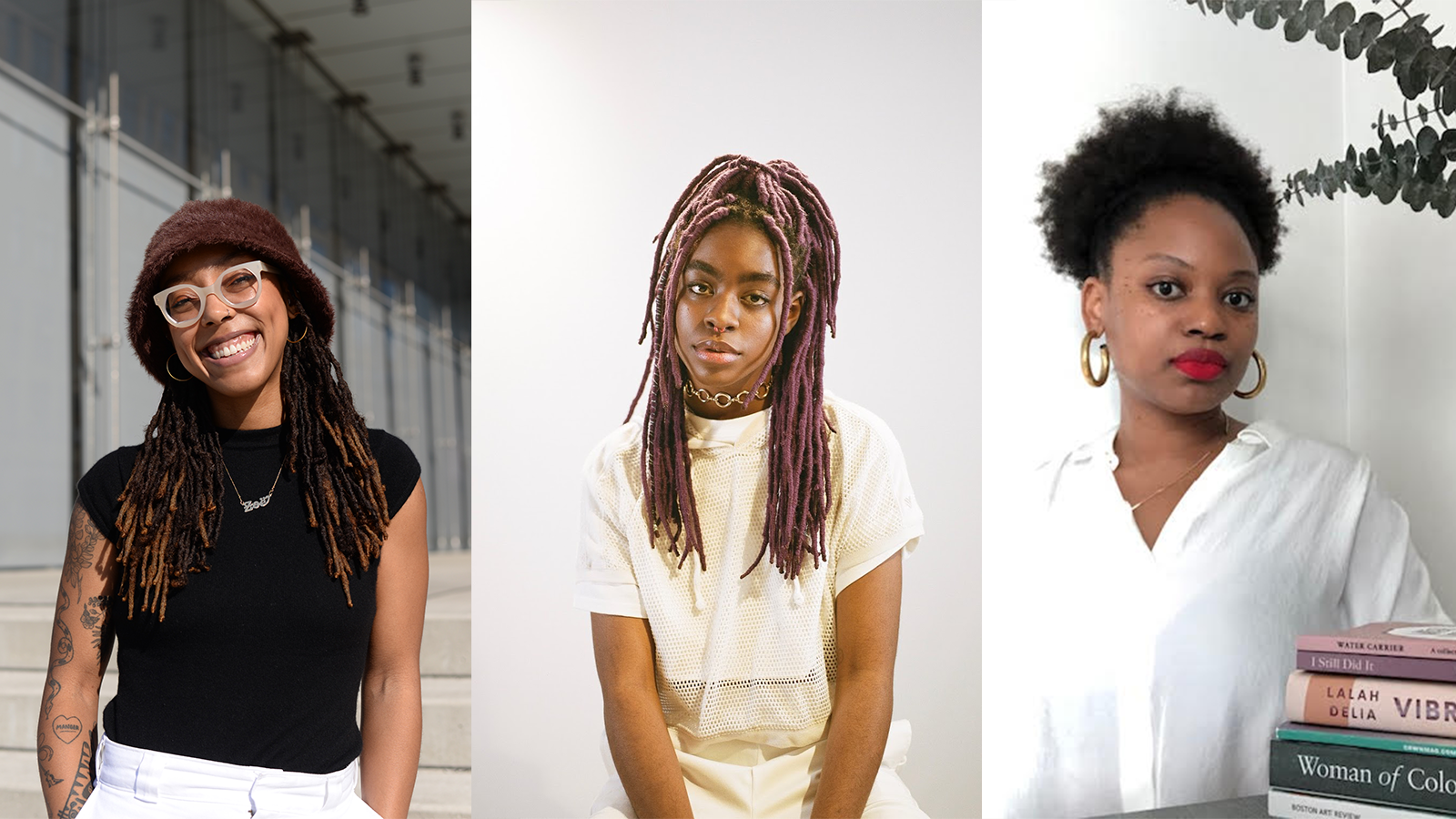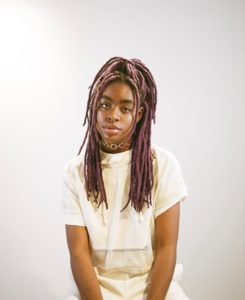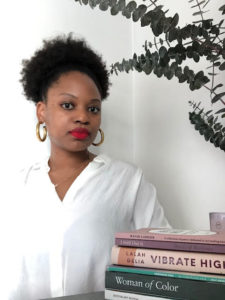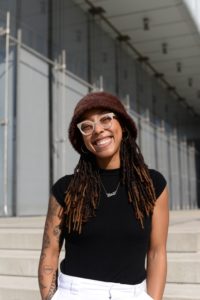 Featuring Zoë Pulley, Mithsuca Berry, and Nakia Hill.
Featuring Zoë Pulley, Mithsuca Berry, and Nakia Hill. Featuring Zoë Pulley, Mithsuca Berry, and Nakia Hill.
Featuring Zoë Pulley, Mithsuca Berry, and Nakia Hill.Combahee Conversation: Saturday, February 27, 3-4:30pm
Interphase: How the Black Feminist Archive Yields New Bodies of Creative Growth
This program was livestreamed on February 27, at 3pm through our Youtube Channel. Please click here (or the “LIVESTREAM” button at right) to access the recording.
FEATURING: Mithsuca Berry, Zoë Pulley, and Nakia Hill
“Interphase” is shorthand for a phase of growth of cell populations, where undetectable reactions take place to then split and proliferate to form a new living body. The rich archives of Black Feminist texts, including the 1977 Combahee River Collective Statement among others, is a living body of knowledge that continues to inspire next generations in their own growth as creatives, cultural leaders and organizers.
For this first program in the Combahee Conversations series, visual artist and educator Mithsuca Berry, graphic designer and print innovator Zoë Pulley, and writer, editor and empowerment facilitator Nakia Hill are invited by curator Jen Mergel to: explore what it means to revisit past Black Feminist ideas both critically and tenderly to make an impact in the present; share ideas on how to break old cycles and build new structures through creative acts; and timestamp what it means to be a Black Femme/Feminist creative at this moment, including challenges as well as joys and hopes for further realizing their visions. We are excited for all they have to share on issues of recognition, healing and generative growth.
About our featured speakers

To Mithsuca Berry, creativity goes beyond technicality and into a way of living. At a young age, art was an extremely important tool in healing. Now, across mediums like illustration, mixed media, and radical art education, those stories can be told. “My goal as an artist is to take up as much space with black imagery as I can–fill it with images that couldn’t even exist in the constraints of our reality. I don’t have to make a world or time frame in which black bodies exist. They should exist anywhere our minds can take us.” Mithsuca is building this practice while based in Boston, MA. Follow them at @mythsooka

Nakia Hill is a writer, journalist, and educator who focuses on empowering Black women and girls to use writing as a tool for healing and resistance. A native of Roxbury, Hill was named a Boston Artist-in-Residence in 2018 by Mayor Martin Walsh. Hill is the author of two books: Water Carrier: A Collection of Poetry Dedicated to My Healing Journey and I Still Did It: Stories of Resilience. She currently directs 826 Boston’s Writers’ Room program and is the first Black woman to become an editor at Boston Art Review Magazine, with her work in the latest Issue 06: Timestamp available now. Follow her at @nakia_hill and www.nakiahill.com

Zoë Pulley is currently a Presidential Fellow pursuing an MFA in Graphic Design at the Rhode Island School of Design in Providence, RI. Motivated to preserve generational narratives of black experiences through print, textiles and other media, and to foster more design spaces that elevate black and brown people, Pulley pursues ongoing projects including the jewelry line GRAN SANS (inspired by her grandmother Sandra) and the collaborative open-call project www.blackjoyarchive.com, whose print publications have funded Black liberation organizations.
Follow her at @zpulley and www.zoepulley.com
Subscribe to our Youtube Channel
_
This program is part of Combahee’s Radical Call, a public art series inspired by and developed in direct dialogue with Demita Frazier, co-founder of Boston’s Combahee River Collective, a group of Radical, Socialist, Black Feminists and Lesbians active in community organizing and publishing in Boston between 1974-80. In that spirit, through June 2021, a broad range of Black Femme/Feminist artists will be commissioned to occupy public spaces with installations, design, and digital resources. Their works will serve to amplify the voices (and counter the erasure) of Black Femme cultural leaders across Boston’s neighborhoods.
Combahee’s Radical Call: Black Feminisms (re)Awaken Boston is organized by co-curators Arielle Gray, Cierra Peters and Jen Mergel. The project was made possible with funding by the New England Foundation for the Arts’ Public Art for Spatial Justice Program, with funding from The Barr Foundation. This project is also supported by grants from the Emily Hall Tremaine Foundation and the Krupp Family Foundation funds to the Curatorial Network Accelerator of Boston.